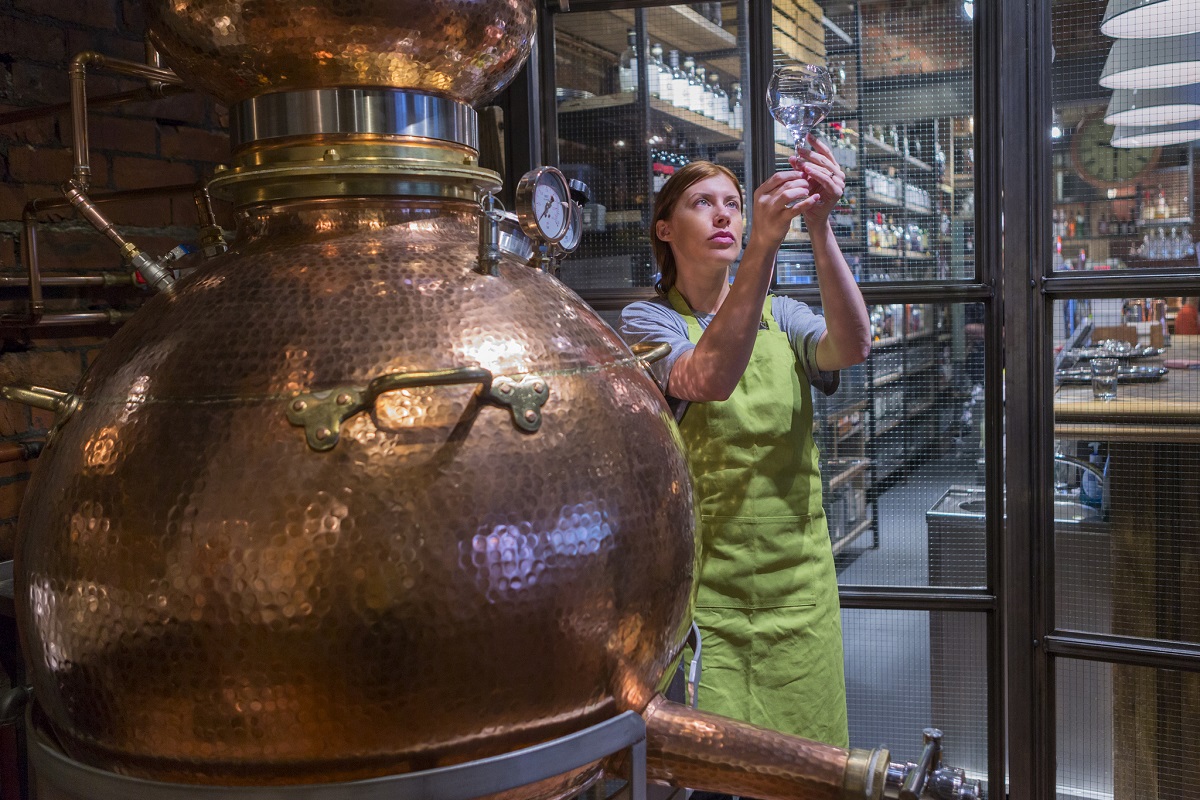Australia’s spirits industry has signalled its desire to be front and centre of Australia’s manufacturing future by submitting the majority of submissions to the Inquiry into Food and Beverage Manufacturing in Australia.
The Inquiry is being conducted by the House of Representatives Standing Committee on Industry, Science and Resources, following a referral from the Minister for Industry and Science, the Hon Ed Husic MP, on 18 March 2024.
The submissions, which were spearheaded by peak industry bodies Spirits & Cocktails Australia and the Australian Distillers Association, highlight the huge growth of Australia’s spirits industry, which currently contribute $15.5bn in added value to the Australian economy and support 100,000 direct and indirect jobs. The evidence in the submissions also highlights the threats to the industry’s future growth inefficient regulation, inability to access capital and an uncompetitive excise framework.
Spirits & Cocktails Australia chief executive Greg Holland says Federal Government intervention is urgently required if the Australian industry is to fulfil its economic potential.
“When Prime Minister Anthony Albanese announced the Future Made in Australia Act last month, he acknowledged that Australia is in a ‘race’ to attract the investment necessary to build a domestic manufacturing sector,” he said.
“In the case of spirits manufacturing, the simple fact is that the race to win global market share is already well underway, and Australia lags its global counterparts in joining the contest.”
Holland said the local industry is largely comprised of small and emerging businesses, which need capital to scale operations so that they can compete internationally.
“Foreign direct investment could fulfil this requirement, but as it currently stands, global spirits companies are understandably directing their capital to other markets where the policy settings are more favourable.”
Australian Distillers Association chief executive Paul McLeay said Federal policymakers should take their cues from nations such as Japan, which has grown spirits exports sixfold over the last decade to US$602.1m in 2023.
“The significant growth of Japanese spirits exports hasn’t happened by accident,” he said.
“The Japanese Cabinet resolved in 2013 to develop a strong export environment for Japanese spirits, empowering the Japan External Trade Organisation to provide dedicated support for the sector.
“Initiatives included the setting of clear targets for countries and export volumes, showcasing Japanese spirits at overseas trade exhibitions, and providing market information for distilleries interested in exporting.”
McLeay said the Australian Distillers Association submission calls for the establishment of Spirits Australia, a spirits industry body that could fulfil a similar suite of initiatives.
“While our colleagues in Australian wine reap the benefits of decades of support and investment, Australian spirits manufacturers stalk the corridors of key export markets alone,” he said.
“We have presented compelling evidence to the Committee demonstrating that spirits manufacturing can become a $1bn export industry for Australia by 2035.
“We look forward to making our case for the modest reforms that will unlock this growth, as the Inquiry continues over the coming months.”
The Spirits & Cocktails Australia and Australian Distillers Association submissions are available to download on the Inquiry website.

